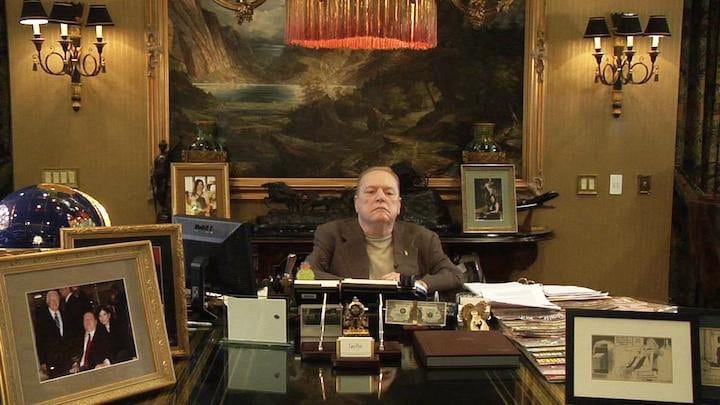‘Back Issues: The Hustler Magazine Story’ Review: A Deficient and Dragging Documentary Option — ★★

In the latest documentary by a son of a subject, first-time-feature filmmaker Michael Lee Nirenberg interviews his father, Bill Nirenberg, about his days working as the creative director for Hustler magazine. It’s only one part of the larger chronicle of the pornographic publication detailed in the film, titled Back Issues: The Hustler Magazine Story, a…
Keep reading with a 7-day free trial
Subscribe to Nonfics to keep reading this post and get 7 days of free access to the full post archives.



